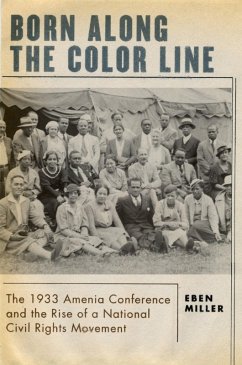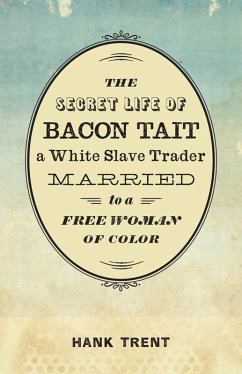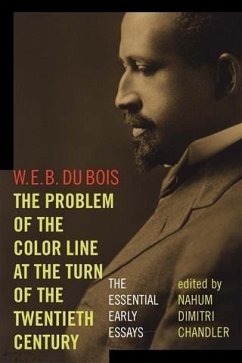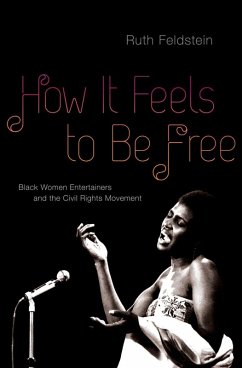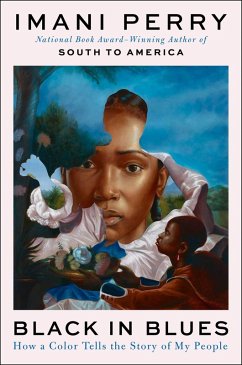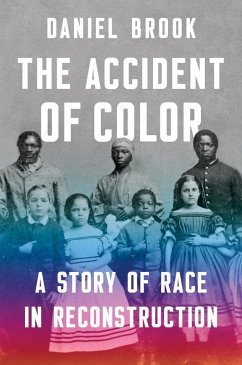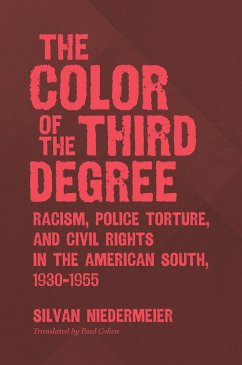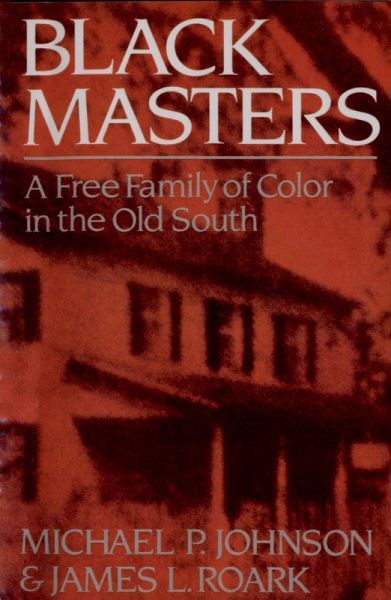
Black Masters: A Free Family of Color in the Old South (eBook, ePUB)
Versandkostenfrei!
Sofort per Download lieferbar
14,95 €
inkl. MwSt.
Weitere Ausgaben:

PAYBACK Punkte
7 °P sammeln!
"A remarkably fine work of creative scholarship." C. Vann Woodward, New York Review of Books In 1860, when four million African Americans were enslaved, a quarter-million others, including William Ellison, were "free people of color." But Ellison was remarkable. Born a slave, his experience spans the history of the South from George Washington and Thomas Jefferson to Robert E. Lee and Jefferson Davis. In a day when most Americans, black and white, worked the soil, barely scraping together a living, Ellison was a cotton-gin makera master craftsman. When nearly all free blacks were destitute, El...
"A remarkably fine work of creative scholarship." C. Vann Woodward, New York Review of Books
In 1860, when four million African Americans were enslaved, a quarter-million others, including William Ellison, were "free people of color." But Ellison was remarkable. Born a slave, his experience spans the history of the South from George Washington and Thomas Jefferson to Robert E. Lee and Jefferson Davis. In a day when most Americans, black and white, worked the soil, barely scraping together a living, Ellison was a cotton-gin makera master craftsman. When nearly all free blacks were destitute, Ellison was wealthy and well-established. He owned a large plantation and more slaves than all but the richest white planters.
While Ellison was exceptional in many respects, the story of his life sheds light on the collective experience of African Americans in the antebellum South to whom he remained bound by race. His family history emphasizes the fine line separating freedom from slavery.
In 1860, when four million African Americans were enslaved, a quarter-million others, including William Ellison, were "free people of color." But Ellison was remarkable. Born a slave, his experience spans the history of the South from George Washington and Thomas Jefferson to Robert E. Lee and Jefferson Davis. In a day when most Americans, black and white, worked the soil, barely scraping together a living, Ellison was a cotton-gin makera master craftsman. When nearly all free blacks were destitute, Ellison was wealthy and well-established. He owned a large plantation and more slaves than all but the richest white planters.
While Ellison was exceptional in many respects, the story of his life sheds light on the collective experience of African Americans in the antebellum South to whom he remained bound by race. His family history emphasizes the fine line separating freedom from slavery.
Dieser Download kann aus rechtlichen Gründen nur mit Rechnungsadresse in A, D ausgeliefert werden.




